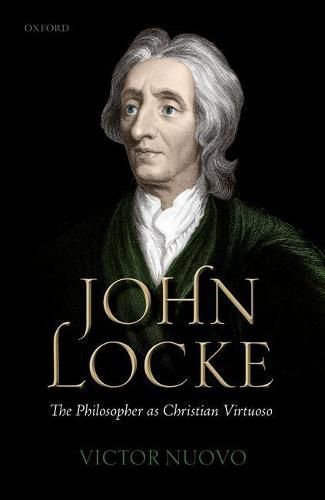Readings Newsletter
Become a Readings Member to make your shopping experience even easier.
Sign in or sign up for free!
You’re not far away from qualifying for FREE standard shipping within Australia
You’ve qualified for FREE standard shipping within Australia
The cart is loading…






Early modern Europe was the birthplace of the modern secular outlook. During the seventeenth century nature and human society came to be regarded in purely naturalistic, empirical ways, and religion was made an object of critical historical study. John Locke was a central figure in all these events. This study of his philosophical thought shows that these changes did not happen smoothly or without many conflicts of belief: Locke, in the role of Christian Virtuoso, endeavoured to resolve them. He was an experimental natural philosopher, a proponent of the so-called ‘new philosophy’, a variety of atomism that emerged in early modern Europe. But he was also a practising Christian, and he professed confidence that the two vocations were not only compatible, but mutually sustaining. He aspired, without compromising his empirical stance, to unite the two vocations in a single philosophical endeavour with the aim of producing a system of Christian philosophy.
$9.00 standard shipping within Australia
FREE standard shipping within Australia for orders over $100.00
Express & International shipping calculated at checkout
Early modern Europe was the birthplace of the modern secular outlook. During the seventeenth century nature and human society came to be regarded in purely naturalistic, empirical ways, and religion was made an object of critical historical study. John Locke was a central figure in all these events. This study of his philosophical thought shows that these changes did not happen smoothly or without many conflicts of belief: Locke, in the role of Christian Virtuoso, endeavoured to resolve them. He was an experimental natural philosopher, a proponent of the so-called ‘new philosophy’, a variety of atomism that emerged in early modern Europe. But he was also a practising Christian, and he professed confidence that the two vocations were not only compatible, but mutually sustaining. He aspired, without compromising his empirical stance, to unite the two vocations in a single philosophical endeavour with the aim of producing a system of Christian philosophy.